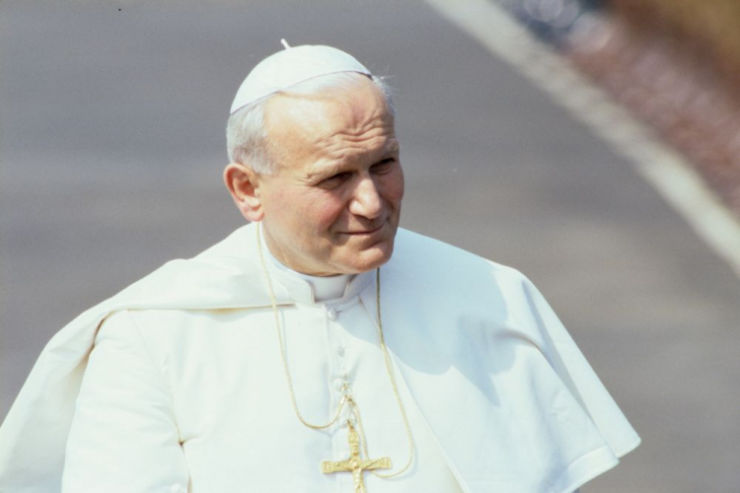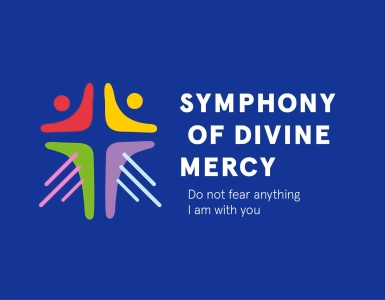There were regular protests in Poland. In 1956, in Poznań, workers were protesting; in 1968 students and intellectuals; in 1970 on the Baltic Sea again workers manifested. Cardinal Wyszyński described these movements as “small revolutions”. “Revolution”, as they were gradually exposing the disintegration of the Marxist ideology and the Polish version of “real socialism”. “Small”, as with the exception of changes at the level of the party authorities, they did not cause any social or economic change. On the contrary, systemic repression measures have been tightened. Constantly more and more people who, deprived of their liberty, were looking for their rescue in Cardinal Wojtyła. He was the only one who could take care of them and who could defend them. The Archbishop of Kraków became a reference point for many social groups: he supported the demands of workers, protected young, intellectuals, professors who were banned from going to churches. He defended the world of science, still limited by censorship, as well as people who were in opposition and were persecuted. He acted, as always, not through politics, but in the name of the Gospel, in the name of the human dignity. There was also the question of Jews, a few Jews who lived in Poland. After the student protest in 1968, they were accused of orchestrating a conspiracy. The shameful accusation as in fact it was merely an excuse to hide the attack targeting revisionists and inflame nationalist sentiments in people. The case got out of hand for the Communists; in the first place it affected Gomułka, whose wife was Jewish. A real anti-Jewish campaign started. At least fifteen thousand people have left the country; some under duress. Karol Wojtyła, a supporter of dialogue between religions, has maintained a good relationship with the Jewish community. During pastoral visits to parishes, he visited Jewish cemeteries. When at the end of February 1969, he went on a visit to the Cracow synagogue in Kazimierz district, he wanted to strongly emphasize his and the Catholic Church solidarity with the Jews who once again suffered. Four years earlier, an unusual incident happened in Rome. Karol Wojtyła accidentally met Jerzy Kluger, one of his closest Jewish friends from Wadowice. The last time they saw each other, together with other school colleagues, in 1938, when they celebrated the baccalaureate degree. Later, the war broke out. They kept each other in mind, but without any hope of meeting. And yet, they met each other.
With the permission of Cardinal Stanisław Dziwisz – “Testimony”
The TBA Publishing House, Warsaw 2007





